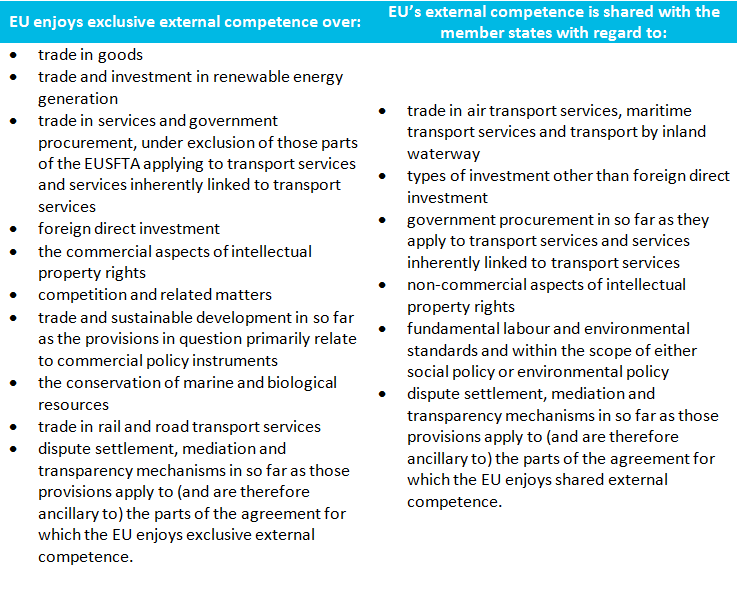ECJ ruling makes future UK-EU trade deal harder
The European Court of Justice (ECJ) is currently hearing a case about the EU-Singapore Free Trade Agreement

The European Court of Justice (ECJ) is currently hearing a case about the EU-Singapore Free Trade Agreement, which Oliver Ilott argues could have an effect on the UK’s free trade with the EU after Brexit.
